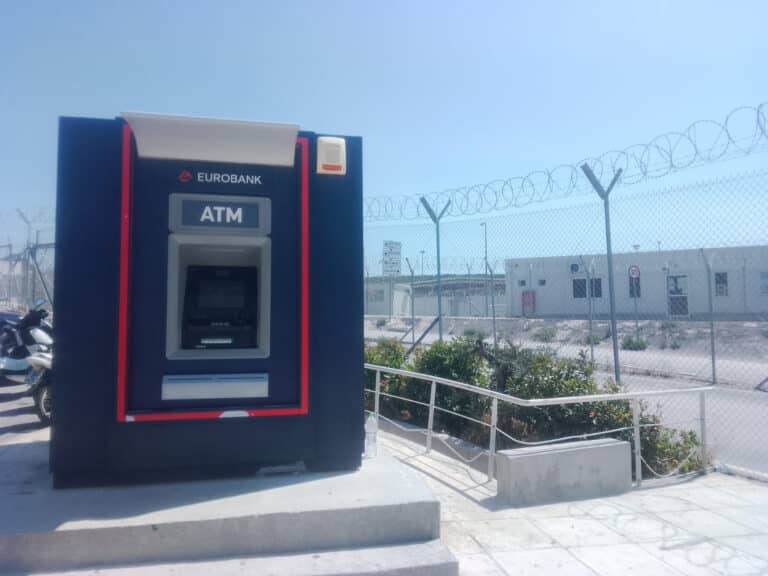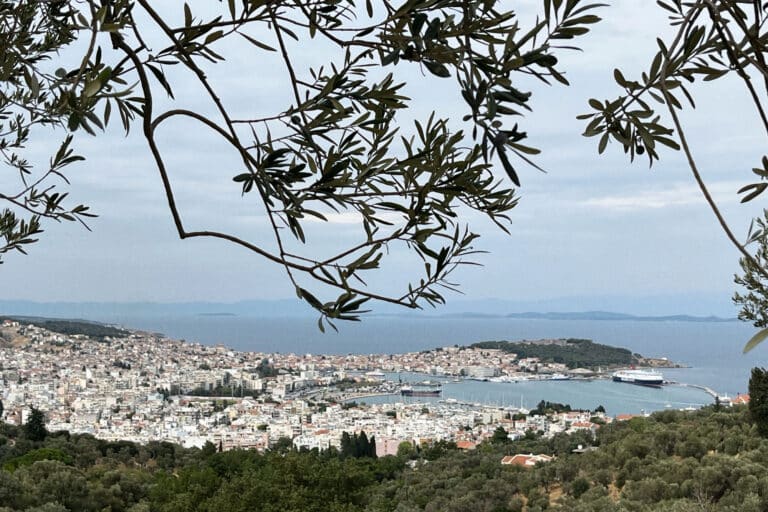CPTnet
16
August 2010
ABORIGINAL JUSTICE REFLECTION: The invasion of Toronto
By Peter Haresnape
Tannis Nielson stood at the front of the bus brimming with enthusiasm.
“Welcome, everyone, to the Great Indian Bus Tour of Toronto! What a great
turnout. Somebody phoned me the other day to ask, ‘What’s the difference
between this tour and a normal one?’” We waited expectantly for the answer.
“About 11,000 years, baby!” the Indigenous artist and organizer cried. The
passengers laughed and cheered.
Our guides, Phil Cote and John Johnson, deciphered the urban landscape as we
moved through it, identifying old tracks and villages hinted at by modern
streets and land contours. They spoke of enclosed rivers flowing below the city
and forgotten burial mounds in the parks. I learned how lakes and rivers had
shaped this area’s habitation before the arrival of European settlers. The
waterways stretched far across the continent, bringing trade, immigration and
conflict to the area. Toronto’s name comes from an Indigenous word referring to a
‘meeting’ or ‘gathering’ place, and though the rivers are now mostly hidden
under the streets and transport takes other routes, Toronto is still a meeting place. Looking around the bus I
could see that people still gather here from around the globe.
The gathering called the G20 hit Toronto like an invasion, with Chancellors, Prime Ministers
and Presidents of the twenty richest countries meeting to regulate and define
the global economy. While they made their plans, those on the outside endured
police violence with baton charges, rubber-coated steel bullets, arbitrary
arrests and enforced exposure to sun and rain. In the largest mass arrest in
Canadian history, the police trapped over nine hundred people in steel cages
for hours without sufficient access to food, water, medicine or sanitation.
Those imprisoned experienced sexual abuse and racist insults while the G20
leaders were kept in seclusion and style at a cost of over a billion dollars.
I saw a city reshaped as a fortress, with miles of fences, thousands of armed
guards and secret legislation targeting dissenters. The fence went away with
the delegates, but a common remark in the days following was ‘Toronto has changed forever.’ As a newcomer to Toronto, I have no basis for comparison, but in the bus tour
and the G20 I see the same processes at work. A centuries-long system of
colonial dispossession and reconstruction, and changes imposed on the city’s
streets and inhabitants reveal the same attitude: the needs of the powerful
surpass those of the people.
In this experience of the G20 shared by Indigenous and settlers, non-natives
were given insight into Indigenous reality, living in an appropriated and
changed environment. Non-natives trying to uphold human rights and dignity in
the face of official indifference and force should realise how long Indigenous
people have been engaged in the same struggle. As my eyes were opened by the
Great ‘Indian’ Bus Tour to this area’s colonial heritage, may the week of
protest around the G20 encourage all who gathered here to better know their
strengths and their responsibilities to each other and the planet.



